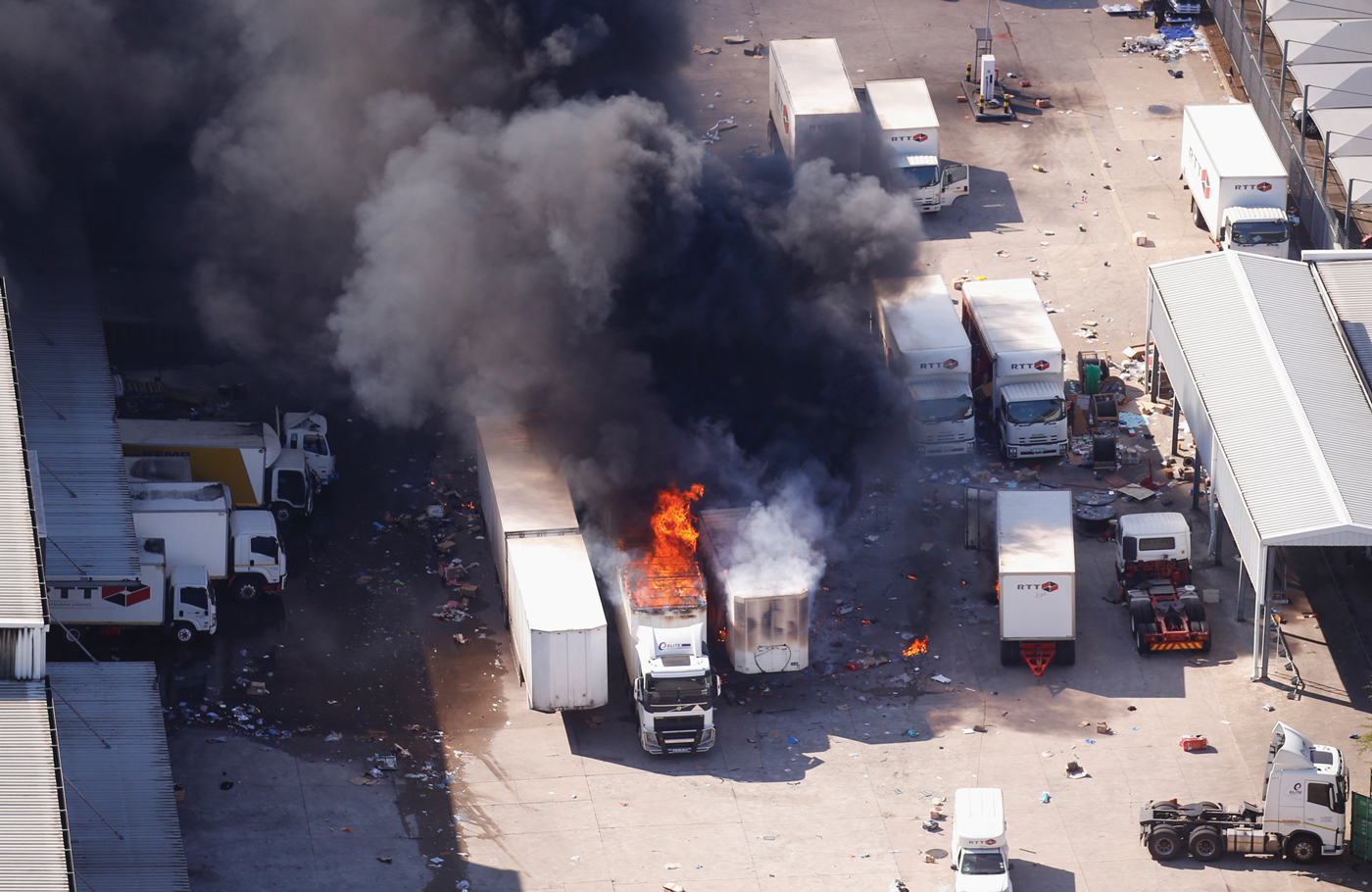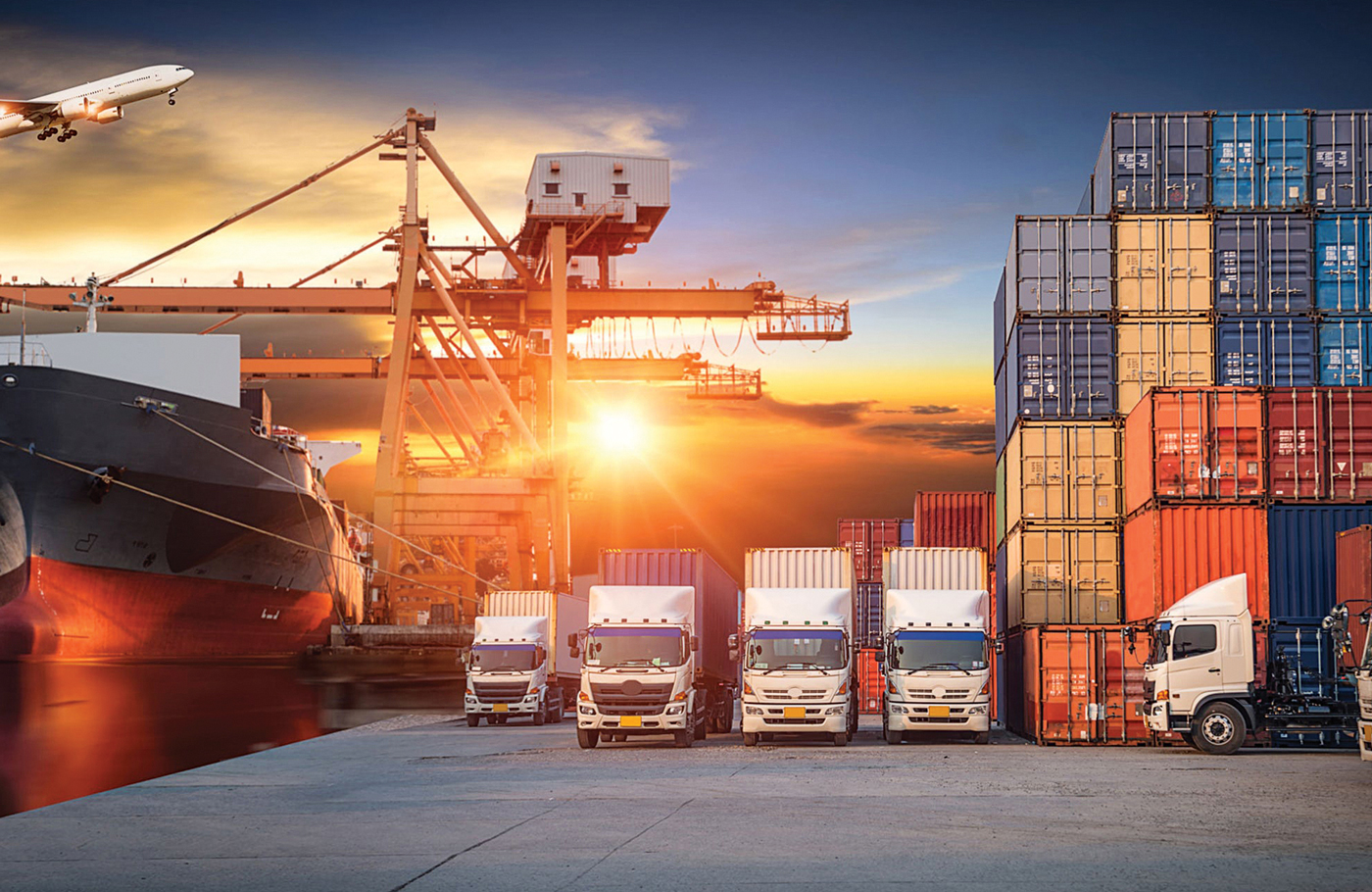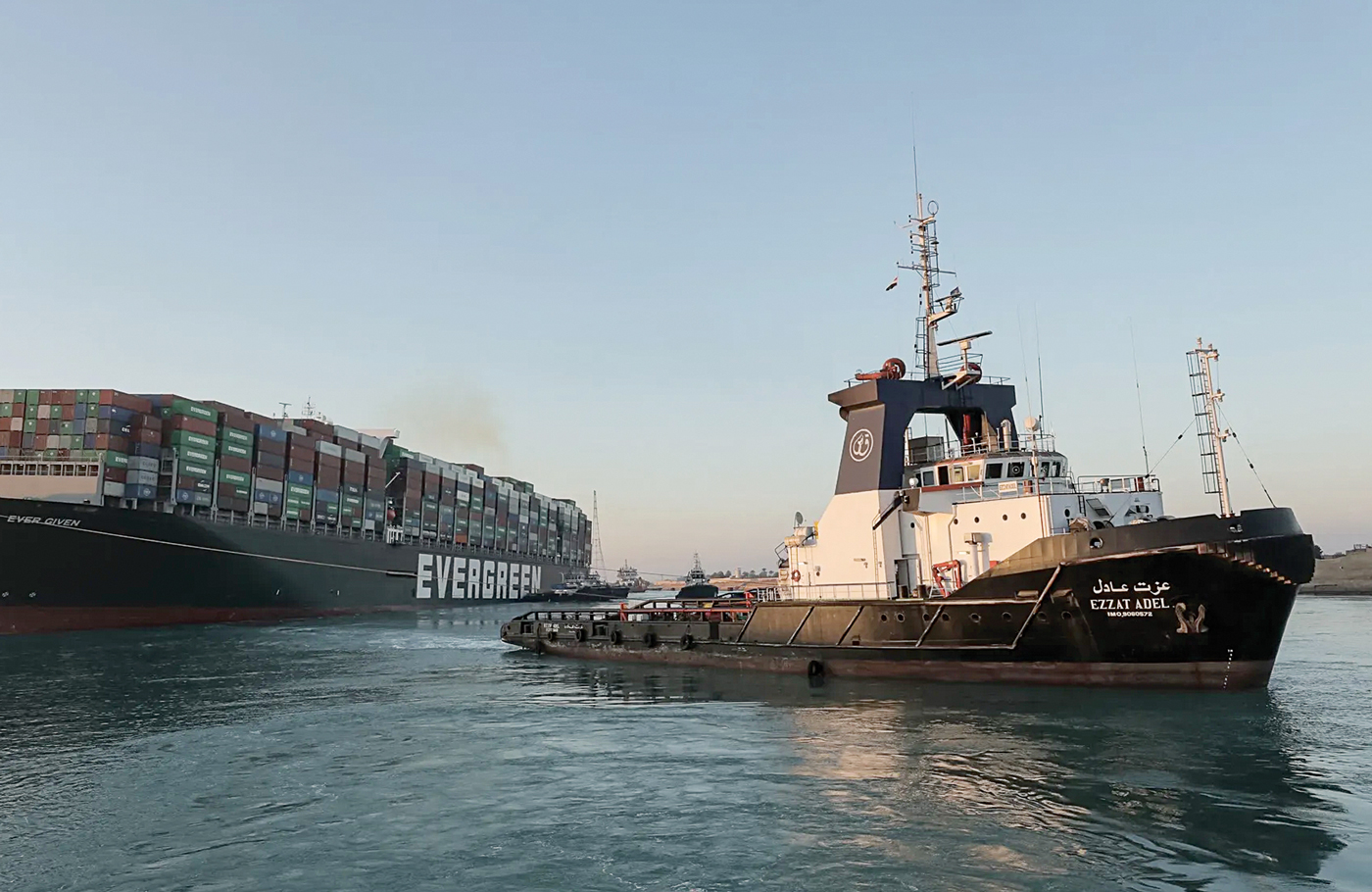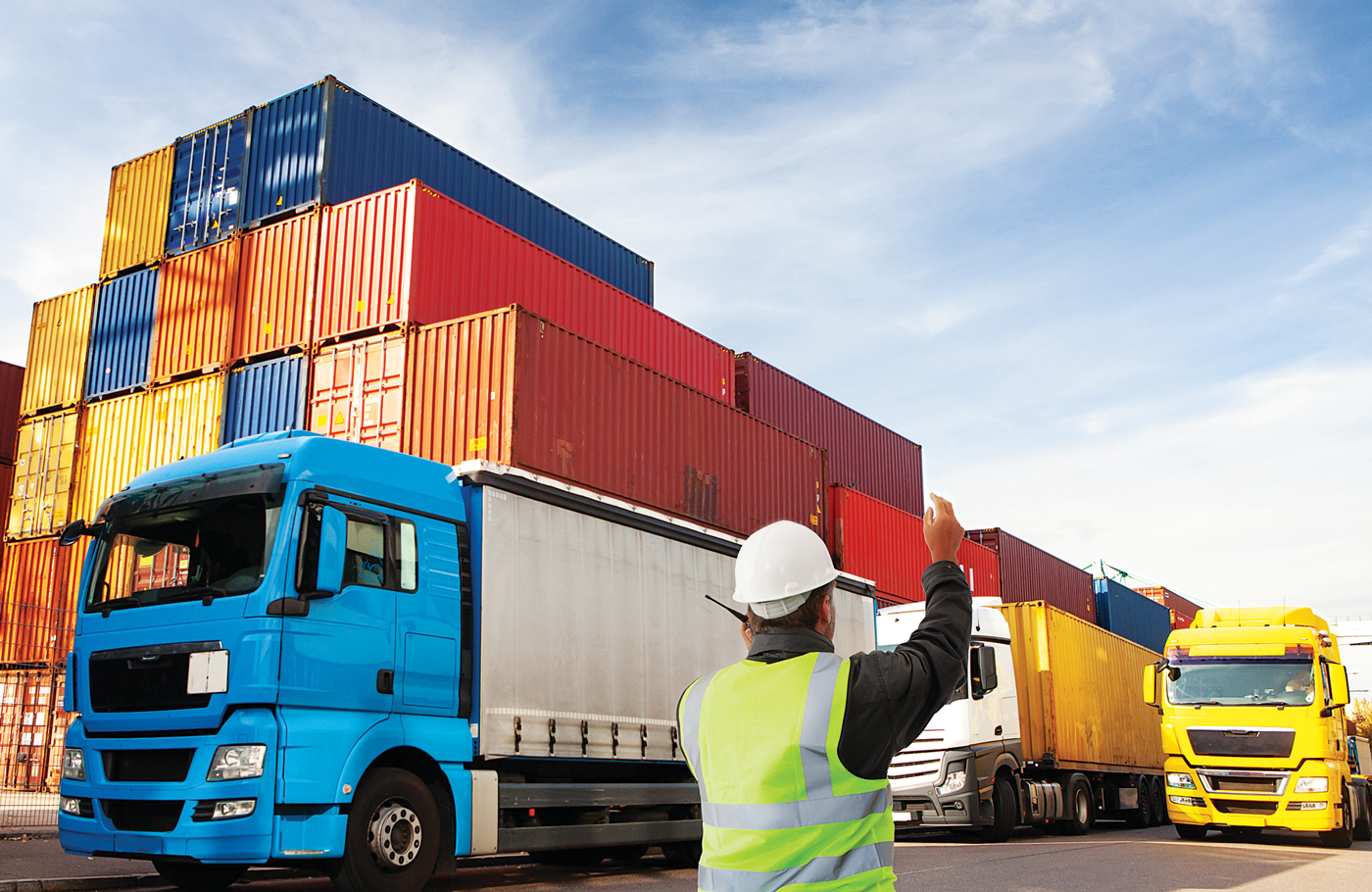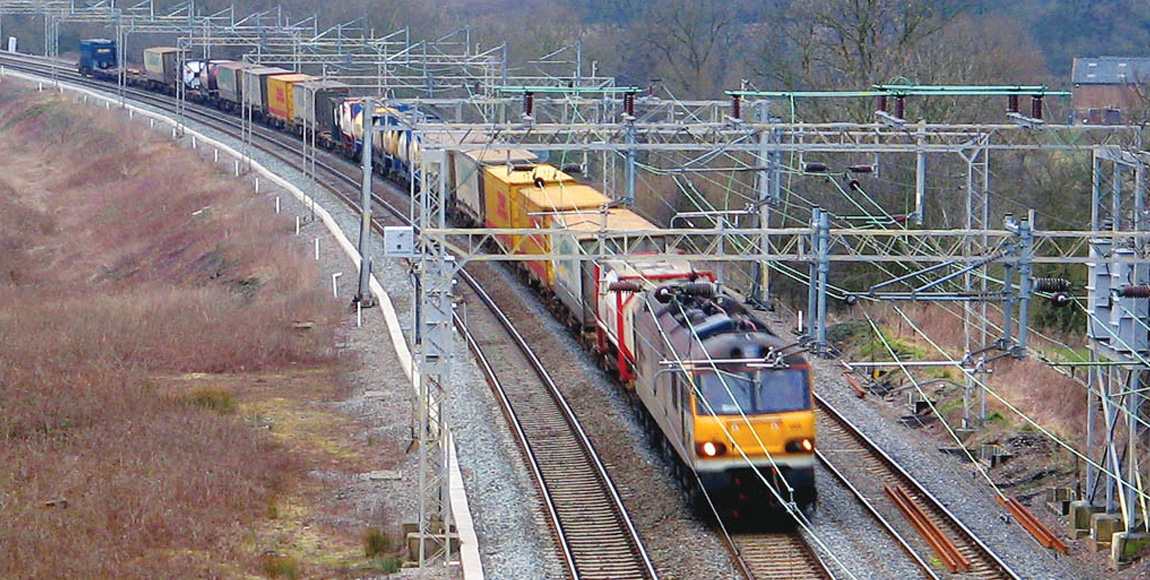Author:andrew-robinson
Use the right tool for the job September 16, 2021 There are three agreements that are essential to the carriage of goods by road. Central to all of them is the actual method of conveyance – the truck or horse and trailer used to perform the carriage. ANDREW ROBINSON explains further. The first of these agreements is the contract of carriage. The second and third are the contracts of insurance – being the goods in transit insurance (for the benefit of […]
Civil commotion and damage to goods in transit who covers what? August 19, 2021 Claims arising out of the loss of or damage to goods following last month’s civil unrest have been taxing the minds not just of road hauliers, freight operators, bailees and the owners of the goods themselves – they have also been providing challenges to marine insurers, brokers and lawyers. ANDREW ROBINSON sheds some light. In most instances, the claims will follow the usual course: cargo interests […]
Unpacking multi-modal carriage contracts May 14, 2021 Moving goods about the place can be a complicated business. Freight operators, warehousemen, road hauliers and cargo owners often scratch their heads trying to work out who owes what obligations to whom, especially where goods are not delivered, or are lost or damaged. ANDREW ROBINSON has some advice … Following the money trail can help: who has the cargo owner paid for the goods to be moved or stored, or who has paid […]
Beware the cost of delay April 20, 2021 In what must be one of the big stories of 2021, the Suez Canal was recently blocked by an enormous container ship. No one had ever previously thought this possible! As Andrew Robinson points out, this disaster – which had the world spellbound – has highlighted the potential costs of delay. The pictures of the mega container ship, Ever Given, completely blocking the Suez Canal (the engineering marvel that created the greatest […]
Many a slip March 22, 2021 How often have we heard the request from cargo interests for insurance that “covers all risks” on a “warehouse to warehouse” basis? ANDREW ROBINSON warns that it’s quite easy to slip up when it comes to this cover… It sounds simple enough – but most freight operators know that the transport of goods often includes elements that go beyond the actual movement of goods on a conveyance. Goods sometimes need to be broken down […]
Careful analysis of contractual obligations is an important part of ensuring that proper insurance cover is in place when goods are moved through the logistics chain The logistics of moving goods through various phases from inland sources to collection points at or near ports or airports is a challenge for freight operators. To get agreements with various service providers to match the flow and storage of goods – and to make sure that appropriate insurance cover is in place – […]
Andrew Robinson and Malcolm Hartwell, of Norton-Rose Fulbright, discuss whether, for trans-border transport corridors to work effectively, there needs to be uninterrupted movement of goods along road and rail routes, with a single legal regime governing their carriage We hear much about transport corridors in Africa and how building and refurbishing roads and rail systems will help to focus infrastructure investment and create significant economic impact. Trans-border economic avenues will be designed to link landlocked African states to the coast, […]
We finalise our discussion on creating dedicated hubs for moving freight from road to rail. Road to rail (R2R) Hubs could be the solution to moving freight from road to rail. The hub’s infrastructure and operations would need to accommodate various phases of cargo movement, including arrival by road. Things that should be considered are: • a holding area for trucks and their loads to safely await security clearance; • how the cargo will be cleared; • the location of […]
We continue our discussion on creating dedicated hubs for moving freight from road to rail. Under the right circumstances, rail transport has the potential to be a cost-effective freight transport option. It could assist in making the economy more efficient, provide access for freight and passenger movements, and be an environmentally sustainable transport solution. However, as Transnet Freight Rail has observed, rail transport has its limitations. The main disadvantage is its limited flexibility in terms of destinations located off main […]
Service providers in the logistics network should be protected from liabilities. It is not uncommon for freight operators to appoint dedicated agents in other jurisdictions as sub-contractors, or independent service providers. Such agreements are essential to create a functional logistics web to enable a freight operator to move, store and handle customers’ goods using known and trusted entities around the world. Often, these service providers appear as shippers or consignees in the transport documents (such as bills of lading and […]
focusmagsa


